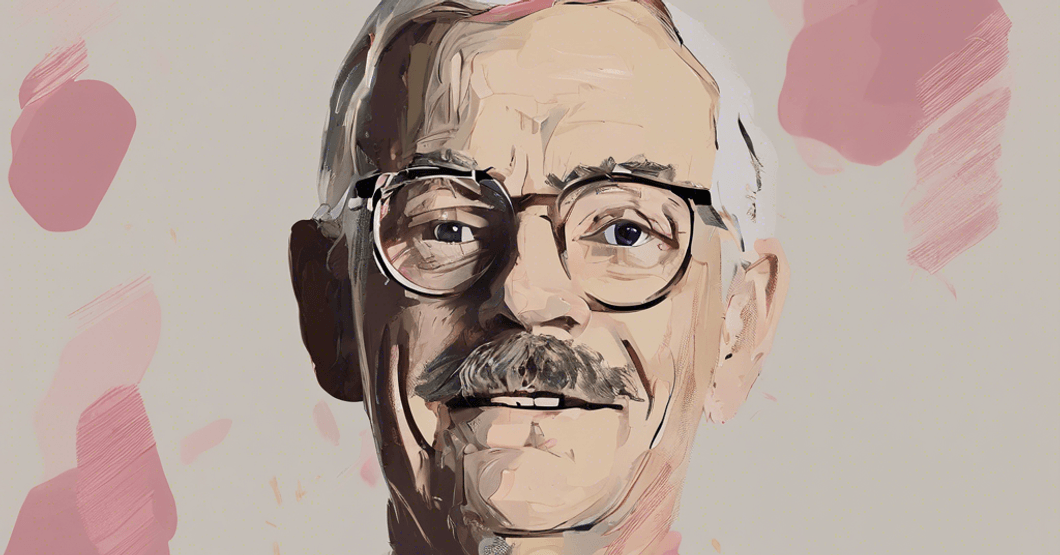So instead of sulking in my long days and longer weeks left until spring I decided to take some action – to bring some excitement into my life – an official bucket list.
I started brainstorming things of what I want to do right here, right now. Things that are feasible and achievable, because a lot of our wants will be expensive, timely, etc. So first, I came up with a solid list of ten things I want to do in the PNW (the Pacific Northwest, where I live). I am here for less than a year but that does not make my stay anymore welcoming. It has been hard for me to adjust, so finding things I can explore and do here is definitely and already helping me get excited about living here.
Now that I am approaching the state of Washington with some enthusiasm and motivation to explore, it has made this transition not so gloomy. I started jotting down simple things like to explore the Olympic National Park (free), camp on the Pacific Beaches (no more than $20 a tent), climb Mount Rainer (free), bike the San Juan Islands, spend time in Seattle and Portland etc. These are things I can accomplish with more or less a limited budget, but things that seem really awesome to me. Yours could be to visit all the farmers markets or national parks in your area or all the music festivals… whatever you are interested in.
I then decided what are the bigger things in my life that I want to personally accomplish… for me it is to be an author, visit all fifty states etc. these are things that I am currently accomplishing so I put them in a different category. This is a way to acknowledge that I am working my way to fully achieving these goals. It helps to make you feel better about where you are because you are in the middle of working toward that goal. It could be as simple as wanting to be an awesome chef, well if you are already cooking, you are on your way to accomplishing that part of your bucket list. My advice is to first think of things within yourself, without anyone's advice or opinion. Then you can discover things you personally really want to do and once you have a solid list from yourself then go expand your list by searching places around you, taking advice from friends, etc.
I finally made a list of expensive, timely and awesome things I want to do in life. Such as, backpack South America, go on an African Safari, sky dive etc. These are the long-term goals that will take time and finances to accomplish. But keeping them on your bucket list is important because it reminds you of your wishes, desires and what will bring more excitement to your life. For example, I do not plan on doing an African Safari in this decade… but it is something I would like to accomplish in thirty years. That is awhile down the road, but having it there as a reminder of the things you are working toward is a fulfilling feeling.
I decided since I have several months left to explore I need to take advantage. For these reasons precisely: I know I am never moving back to the PNW so I mine as well take the only opportunity I have to explore the most of this area so when I look back I can say, “Yes I lived there and I did this, this, and that." So when the time comes that I pack up my stuff for my next chapter I will know this past chapter of life in the PNW was properly written and an exciting chapter for anyone to read.
Because I have these several months I decided to make sure I do at least two exciting things per month until my departure date. This month I camped in the Olympic National Park and I snowboarded at Crystal Mountain. These are two things on my now bucket list.
For you, start jotting down simple things you want to do in your area that you have yet to adventure to. Make a timeline for yourself, to do one thing on that now bucket list once a month, or like me twice a month. Whatever works for you, start living outside your bubble. Trust me, it will make the days at work a little brighter knowing you are fulfilling your desires and growing your horizons.
I went to Michael’s and I bought a board I could hang up on the wall (any type will do, wood/plastic/paperback etc.). Then I bought super glue, clips, colored paper and stickers. You can do it anyway you want – for me, I cut up the pieces of paper and wrote my list on them. I color coordinated them:
Vibrant blue is the now… what I will accomplish before I move from the PNW
Light blue is things I am currently working at achieving, (I.e. visiting the 50 states, I am over half way there)
Dark blue is long-term activities
It was super easy and I think it looks nice. While it gave me something to do while it was raining outside it also puts a smile on my face every time I walk by it.

If you want to go even farther to acknowledge your achievements as you cross things off your bucket list you should create another board listing all the things you have done. I made another board so once I accomplish that goal I move it over to my "Accomplishments" board to remind myself that I am living in the now and doing what I can to make my dreams come true.

It is a great reminder because although we have to go to class or sit at a desk all day, life is still good. Life is good because we are working toward our goals. Do not let your work be stressful or tedious but fill it with passion knowing this work is bringing you closer toward accomplishing your life's desires.
When thinking about your bucket list, it is important to take action. A coworker the other day was saying, “there are people that can and people that do.” And I looked at her for an extra second to digest that. So true. We can all achieve our bucket list and goals but we have to do or else we will get nowhere. So the first step is doing, making this bucket list board or jotting stuff down on piece of paper and hanging it on your refrigerator. Inspire your roommates, inspire yourself and go explore all you can while you are here, right now.
DK






























